Nu pierdeți cele mai bune locuri de muncă!
Abonează-te și săptămânal iți vom trimite un email cu ultimele locuri de muncă disponibile. Introdu adresa ta de email mai jos
Manchester is England's dynamic northwestern capital.During the 1980s the city transformed itself from a former manufacturing base into the epicentre of the United Kingdom's 'house music' scene, driven by the legendary 'Haçienda Club'. Although that venue is long closed, the party vibe remains ensuring that the city is a highly popular place to study.
Manchester is unmistakably a city built for industry: the canals, former mills and warehouses all speak of its 18th century heritage as one the UK's most important centres of textile production.After a period of relative decline in the early 20th century, the city has been remodelled over the last few decades to create an attractive and user-friendly urban centre with a great mix of different ethnic cultures, including one of the largest Chinatowns in Britain.
The nearby Salford Quays is now home to an impressive arts complex and the Imperial War Museum North. Many media outlets and other businesses have relocated to this area, which is a few kilometres from the city centre, on the banks of the River Irwell. It's easily accessed by a tram link and has some great waterside apartments and restaurants.
Some schools worth checking out
The University of Manchester is the largest single-site university in the UK, located right in the city centre. The Quality Assurance Agency (QAA) has awarded 32 of its' subject areas with a score of 'excellent'. It has more Nobel laureates on its staff than any other UK University and is one of the world's top centres for biomedical research.
Manchester Metropolitan University is the result of a merger between an art school and a Mechanics' Institution in the mid 19th century. The painter L. S. Lowry attended the art school in the years after the First World War. Today, it offers a range of course in arts, humanities and sciences. Over the last 10 years it has implemented a £350-million transformation of its facilities on 2 campuses, one in central Manchester and one in Crewe, Cheshire.
The University of Salford has its roots firmly in the Industrial Revolution of the late 19th century when its predecessor, the Salford Technical Institute, was founded to meet the demands of manufacturing in the region. This University offers vocational courses in the media, nursing, the built environment and other subjects. Many are accredited by a professional bodies, which means that you will receive a recognised qualification and membership of the professional organisation when you graduate. The University is mainly located on a campus 2.5 km from the city centre.
THE places for student housing in Manchester
Many are drawn to Manchester by its fantastic nightlife and choose to live as close as possible to the city centre where many of the clubs are located.
Accommodation just off and around Oxford Road is about as central as it gets. To the south of the city, Fallowfield is very popular with students - you'll find lots of friendly pubs and bars. Withington is about 1.5km from Fallowfield. The high street has everything you need including local shops. Rusholme is even more affordable. It has supermarkets and some great curry houses along its high street. The Northern Quarter of the city is home to some hip areas like Deansgate and the leafier Didsbury. Both have top class restaurants and cool bars.
If you studying at the University of Salford, you might want to check out accommodation near the Salford Quays waterfront. There has been a huge amount of development in this area although rents tend to be expensive.
All Manchester Universities have some on-campus rooms available. Expect to pay around £85–£140 per week for self-catered accommodation and £120–£170 for catered.
The best time to start looking for a place to live is from February onwards. Manchester Student Homes is an independent agency that can help students locate a property or room in a shared house either before or upon arrival. Or, you may decide to try to find accommodation by scouring private ads. Manchester Evening News and the Gumtree website are good resources for this.
The cost of education in Manchester
European Union residents should expect to pay tuition fees of around £9,000 per annum with other International Students paying from around £11,150 depending on the university and course you choose.
All Manchester based universities above have grants and bursaries on offer for International Students, so check the website of the one you are thinking of applying to.
You'll also find useful 'cost of living' calculators to help you assess what your annual expenses, in addition to tuition fees, may be.
You're here now, so what's next?
All the universities have International Student Support Teams that provide a dedicated advisory service for international students on non-academic and welfare matters such as immigration, employment, finance and other concerns.
The universities also have hundreds of clubs and societies run for students by students. They cover sports, subject related fields and some that are just for fun! You might also want to get involved in the university newspaper or radio station, both are great ways to make friends and meet people. The Student Room website is also a good way to seek out information and ask questions online.
The International Society, located on Oxford Road, is also a resource for international students based in the Manchester area. It has some 3,000 members from over 150 different countries. The society arranges trips around the UK and offers over 100 different social events throughout the year.
The Students' Union, a nationwide organization representing students and lobbying for their interests, also has an International Students' Association subsection. It's free to join.
Sign in to publish a comment
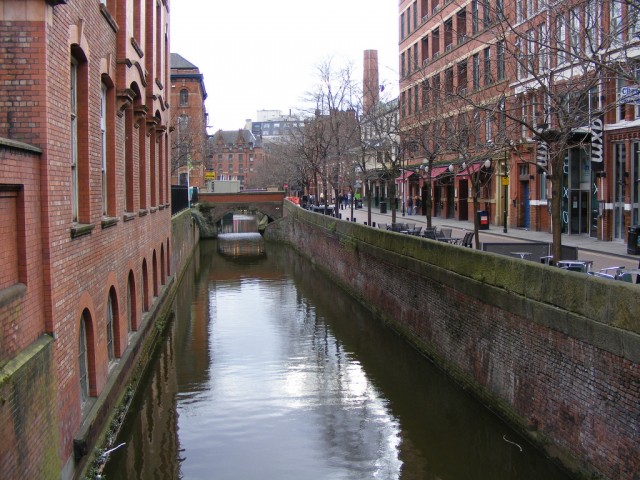
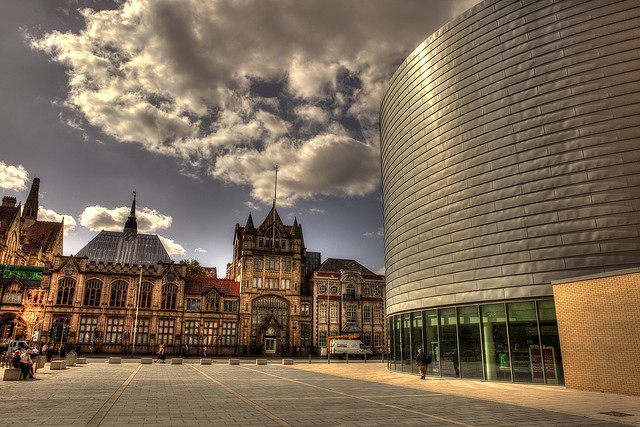
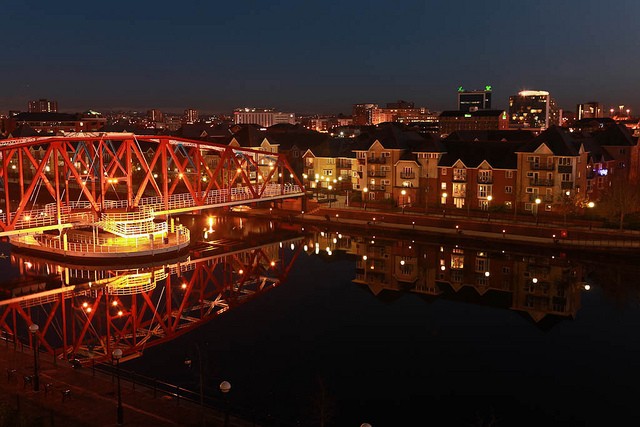
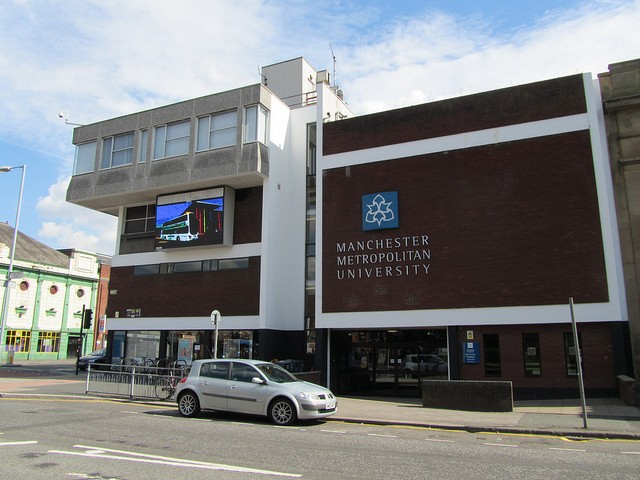
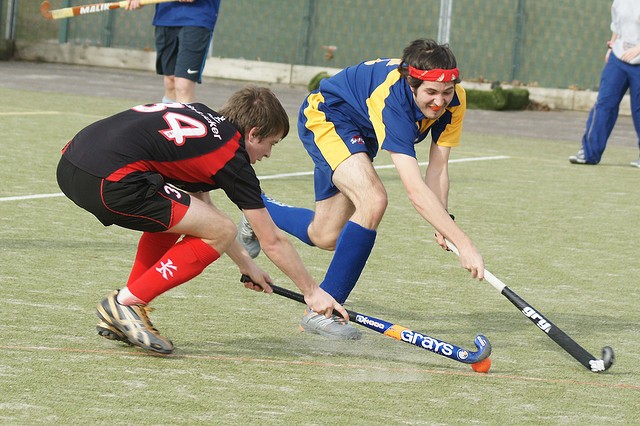
Be the first to comment on this post.